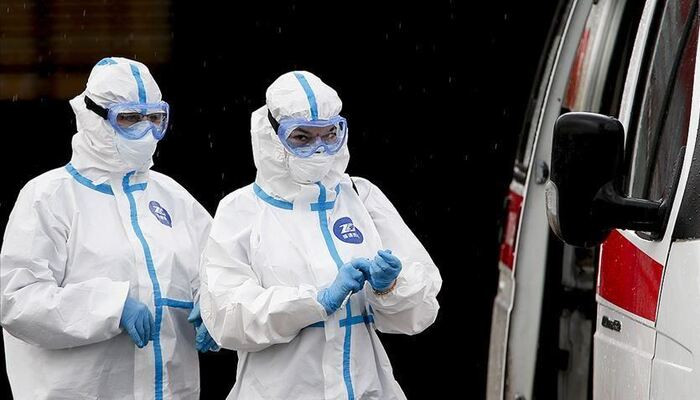China will end Covid restrictions and quarantining for international travelers
 China will drop quarantine requirements for all passengers arriving from outside of the country’s borders starting on January 8, 2023, its top health authority announced Monday. The country will also scrap all other restrictive Covid measures for travelers, including quarantines for positive patients and contact tracing. Authorities said the new policy is part of a new way China plans to manage Covid. China downgraded Covid management to a less-strict “Class B disease,” in the same category as less-severe diseases, such as Dengue fever. China will also call Covid an “infection” instead of “pneumonia.” The change is “more in line with the current characteristics and danger level of this disease,” the National Health Commission said in a statement. “The less-deadly Omicron variant has become the dominant strain of SARS-Cov-2, and only a very small number of cases developed to pneumonia,” NHC said in a statement Monday. The existing quarantine policy for international arrivals to China was first launched in 2020 and modified over the course of the past several years. The most recent policy, which will end January 8, required people arriving from outside mainland China and Macao to undergo five days of hotel quarantine and three days of self-isolation at home. Travelers still must take a Covid test before arriving in China, but passengers will no longer need to submit their results to a Chinese embassy or consulate and apply for a code. Starting January 8, travelers can test and display the result before they board the plane. The NHC also vowed to resume outbound tourism for Chinese citizens in an orderly manner, depending on the international Covid situation and the capacity of various domestic services. China has very gradually loosened its restrictions after closing its borders to nearly all travelers in March 2020, when the pandemic started spreading throughout the rest of the world. After nearly three years of lockdowns, quarantines and mass testing, China abruptly abandoned its zero-Covid policy this month following nationwide protests over its heavy economic and social toll. At the same time, China is grappling with an unprecedented wave of infections that has severely strained its hospitals and emptied pharmacy shelves. Since the world’s second largest economy drastically eased its Covid restrictions, there has been no clear data on the extent of the virus’ spread on the national level. But several cities and provinces have said they were seeing tens of thousands of new cases per day. The abrupt change in policy has sparked panic buying of fever and cold medicines, leading to widespread shortages, both at pharmacies and on online shopping platforms. Long lines have become routine outside fever clinics and hospital wards overflowing with patients in the capital Beijing and elsewhere in the country. China’s top leaders have signaled recently that they would shift focus back to growth next year and have bet on the relaxation of pandemic restrictions to lift the economy. China’s current focus is to prepare sufficient medical resources, according to the NHC statement. Big and middle size cities need to quickly transform their “Fangcang”, makeshift centralized Covid quarantine facilities, into designated hospitals with enough health workers staffed, NHC added. NHC also didn’t completely rule out the possibility for temporary and local restriction measures going forward. “As we manage the outbreaks, we should pay special attention to real-time global assessment of the outbreak’s intensity – pressure on the health system and general situation of the society – and take appropriate lawful measures to limit people’s group activities and movement in a flexible way to flatten the curve,” it said in the statement, adding that lockdowns might be re-imposed at nursing homes if the outbreak is severe. |

Woman who suffered flesh-eating disease after insect bite receives a face transplant
82604.02.2026, 00:07
India rushes to contain deadly Nipah virus outbreak after five cases confirmed
90324.01.2026, 20:43
Thousands of NYC nurses strike for better staffing and pay (video)
85012.01.2026, 23:38
Nestle issues global recall of some baby formula products over toxin fears
121107.01.2026, 20:43
Air pollution India's biggest health crisis since Covid, warn doctors
132826.12.2025, 17:41
"What Is This Mushroom?"... Japanese Man Trusts AI, Ends Up in Emergency Room
140927.11.2025, 22:53
